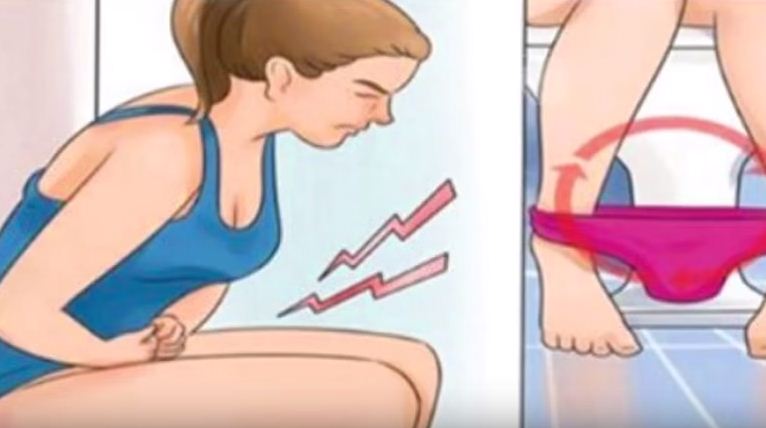What you need to know about cervical cancerr in Kenya: Cervical cancer is cancer that affects the cervix. The cervix is the lower part of the uterus that connects the vagina. It is caused by certain strains of human papilloma virus (HPV16 and HPV 18). It is the fourth commonest cancer worldwide and the most prevalent form of cancer in women in Kenya. It mostly affects women of age 15-44 years. HIV positive women are more likely to suffer from this type of cancer due to compromised immunity.

- Cervical Cancer in signs and symptoms in Kenya
During the early stages the women may not have any signs or symptoms specific to cervical cancer. At the more advanced stages the woman may experience excessive vaginal bleeding, watery/bloody vaginal discharge that be foul smelling and pain when having sex. Experiencing any of the above signs is not obvious that one is suffering from cervical cancer but any woman experiencing this should visit the hospital immediately for further investigations to rule out cervical cancer.
- Cervical Cancer treatment in Kenya
Cervical cancer (pdf) can be treated if it is detected early enough before of the onset of the above signs and symptoms. The best way therefore to manage cervical cancer is through screening and prevention. Screening of cervical cancer involves visual screening tests and Pap smear. Visual screening tests are cheap and readily available even in remote settings. They involve staining cervical cells with acetic acid or Lugol’s iodine and visually examining with a speculum. Pap smear which is more accurate involves looking for pre-cancer cells in the cervix. It is recommended all women above the age of 21 should at least get a pap smear every 3 years to screen for cervical cancer.
- Cervical Cancer Prevention
Prevention of cervical cancer is through vaccines and minimizing the risk factors of cervical cancer. The cervical cancer vaccine known as Gardasil works best when at the age of 11 and 12 years, however, it can be given to women between the age of 9 years and 26 years in two or three shots depending on the age. Some risk factors that should be minimized to prevent cervical cancer are smoking, having multiple sexual partners, having other forms of untreated sexually transmitted diseases , prolonged used of some contraceptives such as Intrauterine devices and oral contraceptives.
[irp]
Do not miss all our updates on Cervical Cancer in Kenya
Leave a Comment